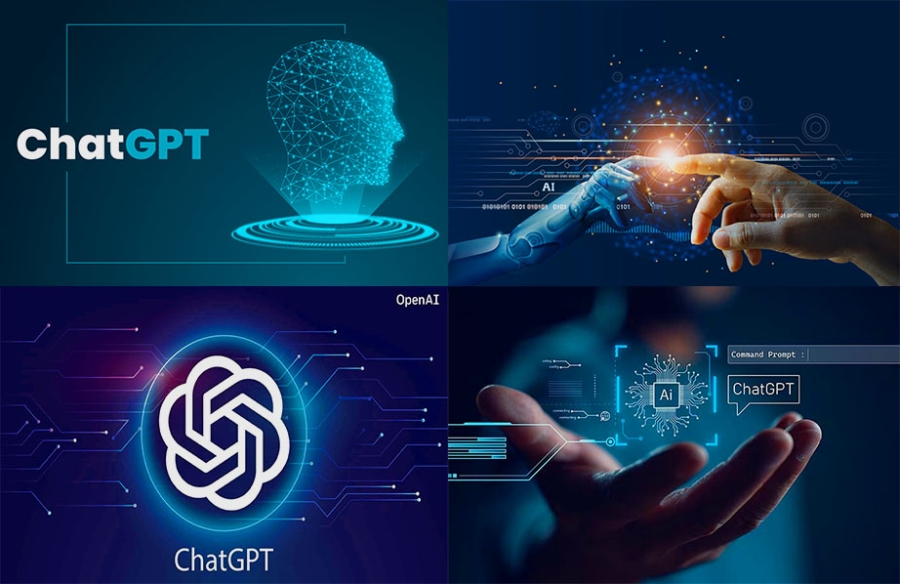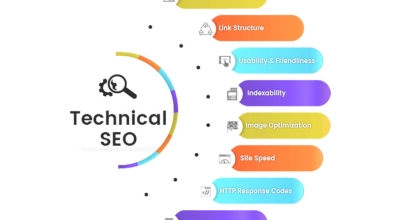Recently, there has been active discussion online about the ChatGPT artificial intelligence robot, which has become a real sensation. This phenomenon tops the discussion lists, even if the topic of artificial intelligence is not your priority.
Developed by OpenAI, a key player in the field of artificial intelligence, this tool provides a unique opportunity to ask questions and receive interesting answers. ChatGPT is capable of communicating in various styles, including casual and formal, adapting to the user's needs. Notably, the bot remembers the context of the dialogue, using previous questions and answers for more accurate and informative replies. Its responses are generated based on an extensive amount of data from internet resources.
ChatGPT holds significant importance. Although it is not yet capable of fully replacing human intelligence, its competencies are evident in areas with high-quality training data.
This artificial intelligence can exhibit creative abilities, and its responses sound convincing. In the first days after the launch, ChatGPT was utilized by more than a million users.
Furthermore, it has become a highly profitable business. Microsoft has allocated substantial resources to support the OpenAI project and expressed the intention to integrate these innovations into its cloud services. OpenAI, in turn, introduced ChatGPT Plus - a paid service for $20 per month, providing more responsive answers and quick access to new features.
However, the creator of ChatGPT, OpenAI CEO Sam Altman, urges caution: "Do not rely on ChatGPT for important decisions right now," he emphasized in his tweet.
You can explore more about robots on the website: https://robotxworld.com/.
What is ChatGPT?
ChatGPT is an outstanding AI-powered chatbot introduced by OpenAI in November, aiming to showcase and test the capabilities of an impressive artificial intelligence system. Users can engage with it by asking numerous questions and often receive informative answers.
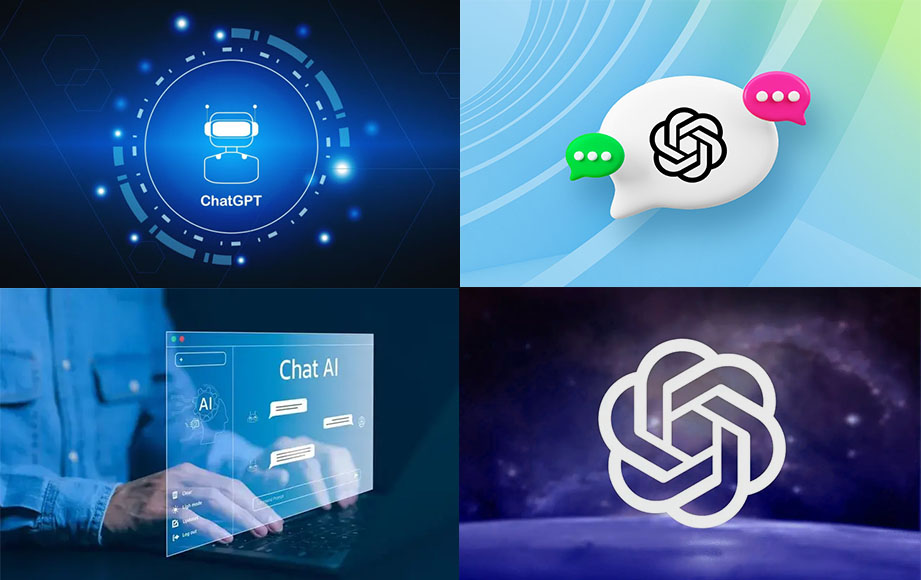
For example, you can request encyclopedic explanations, such as "Explain Newton's laws of motion." You can ask it to write a poem and even specify that you'd like a more entertaining version. ChatGPT can also generate computer programs displaying all possible letter arrangements in a word.
However, it's important to note that ChatGPT doesn't actually possess knowledge. It is an artificial intelligence trained to recognize patterns in extensive amounts of text from the internet and then fine-tuned by humans to ensure a higher quality of dialogue.
While the responses may sound convincing and authoritative, OpenAI warns that they may be incorrect.
Chatbots have long attracted the attention of companies seeking to improve customer service and AI researchers testing them within the Turing test framework - the well-known "Imitation Game" proposed by Alan Turing in the 1950s to measure intelligence.
However, chatbots have faced difficulties in the past: attempts to replace humans in customer service proved largely unsuccessful, according to a Ujet company study, which showed that 72% of respondents consider chatbots a waste of time.
ChatGPT quickly gained widespread popularity in the online space. According to UBS analyst Lloyd Walmsley, in January, it reached 100 million monthly users, a remarkable achievement within just two months - surpassing TikTok's accomplishments in nine months and Instagram's in two and a half years, as per The New York Times, citing internal sources estimating ChatGPT's user base at 30 million people.
What questions can be asked?
The possibilities of questions are virtually limitless, although not every query may receive a comprehensive answer. OpenAI provides various categories for questions, including explanations of physical phenomena, birthday celebration ideas, and support in programming.
When I asked it to write a poem, it responded, although probably not impressing any literary critic. Then, I asked to make it more exciting, and at that moment, ChatGPT added words like battlefield, adrenaline, thunder, and adventure.
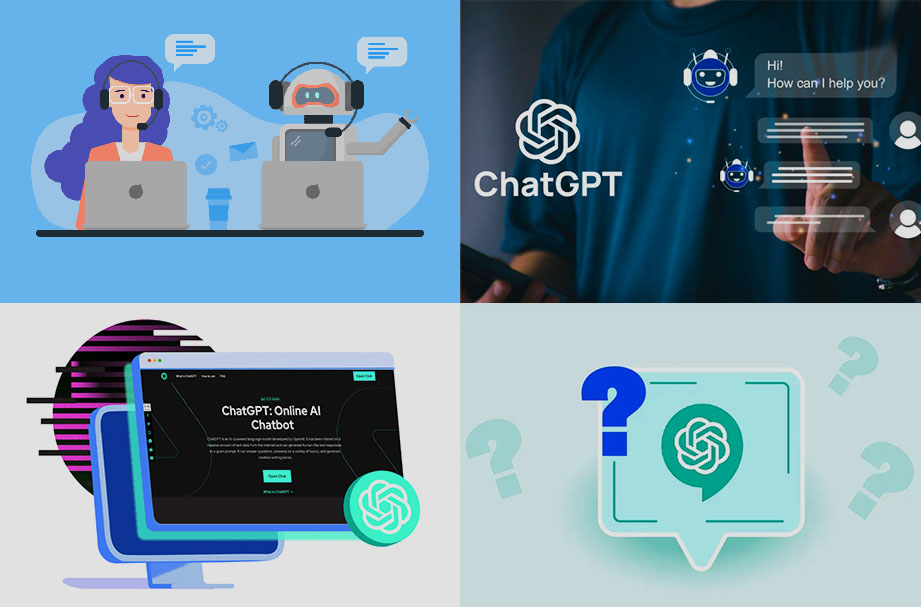
An interesting example demonstrates that ChatGPT is ready to step into areas where people might feel uncertain: a request to create a "folk song about writing rusty software and overcoming errors throughout life."
ChatGPT's knowledge is extensive, and its ability to follow the conversation is impressive. When I inquired about words that rhyme with "lilla," it suggested several options, but when I said, "How about pink?" it instantly provided new options. (There are many other great words that rhyme with "pink").
In response to my question, "Is it easier to go on a date being emotional or composed?" GPT partially noted: "Some people are more attracted to emotional individuals, while others prefer calm and self-assured ones. Overall, being sincere and authentic in your communication with others is likely to be a more effective way to secure a date than trying to conform to a specific form or image."
Stories about how this robot surprises people are easy to find. Twitter is full of users showcasing the AI's prowess in creating artistic texts and writing code. Some even claim that "Google is dead."
David Lumb from CNET compiled a list of some useful ways ChatGPT can assist, but other applications are emerging. According to one doctor, he used it to convince his insurance company to cover a procedure for a patient.
Is ChatGPT free?
Yes, as of my last available data in January, ChatGPT was free. However, OpenAI introduced a paid version, ChatGPT Plus, which provides faster access and works even during peak usage times when free users might encounter the "ChatGPT is currently busy" limitation.
If you prefer, you can still sign up for the waitlist to use the free version. OpenAI CEO Sam Altman warns that the "computational costs of ChatGPT are substantial," estimating them at a few cents per response. The company also started charging for the use of the DALL-E artificial intelligence after exceeding the basic level of free access.
According to Reuters, OpenAI seems to have found demand for its GPT tools, and they plan to launch a new project in 2023. The company is expected to generate revenue of $200 million in 2023 and $1 billion in 2024.
Will ChatGPT help students?
Yes, ChatGPT can help students in their studies by providing additional resources for research and assisting with homework. However, there are potential drawbacks in this process.
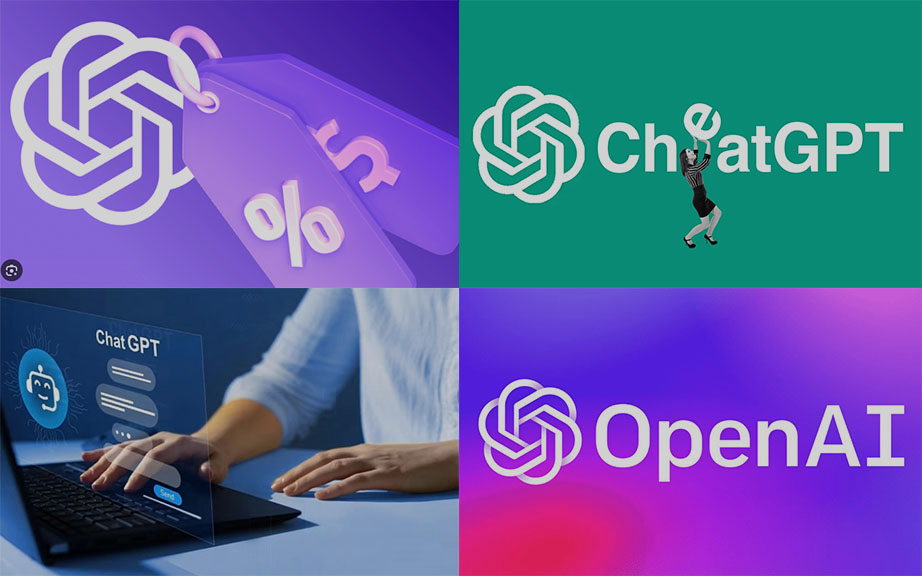
Google programmer Kenneth Goodman used ChatGPT during various exams and obtained varying results. These tests included the U.S. medical licensing exam, the bar exam for lawyers, as well as other exams in chemistry and law. The results varied, emphasizing that one cannot always rely on the accuracy of ChatGPT's answers.
High school teacher Daniil German notes that ChatGPT is already capable of writing better than many contemporary students, although sometimes its responses can be biased and pedantic.
Other experts express concerns about how the use of ChatGPT may impact the learning process. However, there is also the view that teachers can learn to use ChatGPT as a tool that contributes to the critical thinking of students.
There are also companies offering plagiarism detection tools for texts generated by artificial intelligence. These tools are aimed at preventing the unethical use of AI-generated content by students.
Thus, the use of ChatGPT in education evokes various opinions and approaches, and it is important to strike a balance between its potential benefits and possible drawbacks.
Can ChatGPT write programs?
Yes, ChatGPT is capable of generating source code, but with certain limitations. It can follow human-provided steps and create valid programs. One programmer showcased their experience in February by sharing a sequence of commands on Imgur that they used to write software for an auto repair center. Instead of taking at least an hour, it only took them around 10 minutes.
There is enough evidence to suggest that ChatGPT can be a useful tool for developers. For instance, Eric Schluntz, the CTO of Cobalt Robotics, emphasized that ChatGPT provides valuable advice, reducing the need to search for solutions on StackOverflow every few days.
ChatGPT is also capable of analyzing regular expressions (regex) – a powerful but complex system for identifying patterns in text, such as dates or server names in web addresses. Programmer James Blackwell described this ability of ChatGPT as having a "programming tutor available 24/7," particularly in explaining regex.

